What Is An Eating Disorder?

This article explains the history of a diagnosed eating disorder, the founders who recognized this serious illness, and types of eating disorders. We will look at and define what an eating disorder is by discussing eating behaviors, as well as adding diagnoses under this umbrella, such as a binge eating disorder, binge eating, anorexia nervosa, […]
Why Pandemic Stress is Causing an Increase in Eating Disorders

Eating disorders, especially among young people, more than doubled between 2000 and 2018, according to a review of studies published in 2019. Since the COVID-19 pandemic hit in March 2020, experts across the globe have reported a sharp increase in the number of people seeking help for eating disorders. In fact, the National Eating Disorders […]
Understanding Body Dysmorphia and Body Image Issues
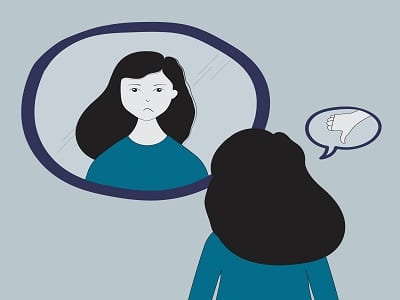
Understanding Body Dysmorphia and Body Image Issues Body image refers to the way a person perceives his or her appearance and how they believe others see them. How a person thinks and feels about their body directly affects their self-esteem, confidence, and motivation. The diagnostic and statistical manual of mental disorders (DSM-5) classifies body dysmorphic […]
What’s Driving the Increase in Adolescent Eating Disorders?

Any eating disorder has the potential to cause serious health damage and even death, but decades of research finds anorexia has the highest death rate of any mental disorder “due to the effects of weight loss and starvation on the body and brain.” Tragically, anorexia is also one of the most common eating disorders seen […]
Family Support Through Process Addiction
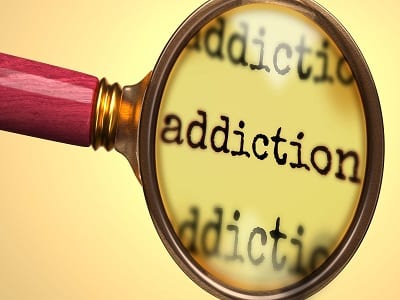
Process addictions are behavioral addictions rather than drug or alcohol addictions. Individuals who have an overwhelming impulse to engage in a specific behavior even when it results in negative consequences may have a process addiction. Examples of process addictions include compulsive behavior related to gambling, sex, shopping, gaming, pornography, exercise, work, and eating issues. As […]
Understanding Body Image Issues
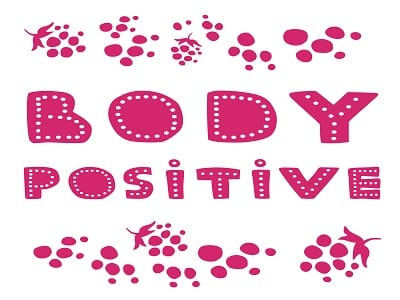
Body image refers to how we perceive our physical self, how we think others perceive our appearance, and any negative or positive thoughts that accompany that perception. Beliefs about our appearance may or may not be accurate but nonetheless affect our self-esteem and self-acceptance. A positive body image means you are comfortable with your body […]
Eating Disorders in Sports
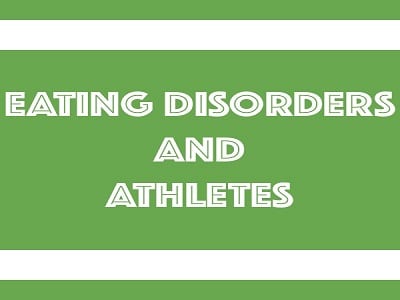
Eating disorders are serious but treatable mental illnesses that affect people of all genders, ethnicities, ages, religions, sexual orientation, body shapes, and weight. Approximately 20 million women and 10 million men in the U.S. will suffer from an eating disorder during their lifetime. Studies find eating disorders are more prevalent in athletes than in the […]
Understanding Compulsive Behaviors
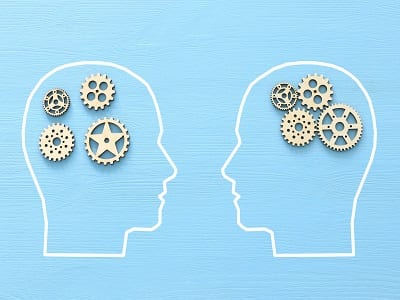
Compulsive behaviors are practiced repeatedly, even when they seem irrational, fail to deliver pleasure, and may result in negative consequences. An individual is driven to continue practicing a compulsive behavior even when they wish to stop. While any behavior has the potential to become compulsive, the most commonly identified compulsive behaviors include Obsessive Compulsive Disorder […]
Telehealth in Addiction and Eating Disorder Recovery

Telehealth allows a therapist or other medical professional to meet with clients using a live video connection. Using technologies such as videoconferencing, smartphone applications, and web-based tools, professionals can deliver health services remotely. The therapist and client still see and talk to each other in real time but without the need for the client to […]
Why Healing the Body is Important to Recovery
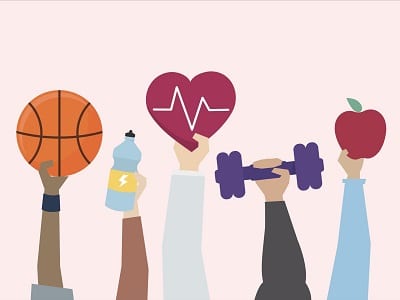
Eating disorders or misuse of drugs or alcohol can dangerously impact physical health. Eating disorders can lead to severe digestive issues, including malnutrition and starvation. Drugs and alcohol bombard the body with toxins, damaging organs, and weakening the immune system. Both substance use disorder (SUD) and eating disorder (ED) cause nutritional deficiencies which can compromise […]
Dining Out with an Eating Disorder

For many of us, dining out at our favorite restaurant is a real treat. But for those with an eating disorder, just the thought of dining out can cause anxiety. Eating disorders are serious, treatable mental illnesses characterized by abnormal or disturbed eating habits. The most diagnosed eating disorders are anorexia nervosa, bulimia nervosa, and […]
Substance Use Disorder and Eating Disorder as a Dual Diagnosis

Dual diagnosis, also called a co-occurring disorder, means a person suffers from both a substance use disorder (SUD) and mental disorder simultaneously. Although one or the other may have developed first, both disorders are now present. Either disorder can mask or worsen the symptoms of the other disorder. Eating disorders (ED) are one form of […]
National Eating Disorders Awareness Week
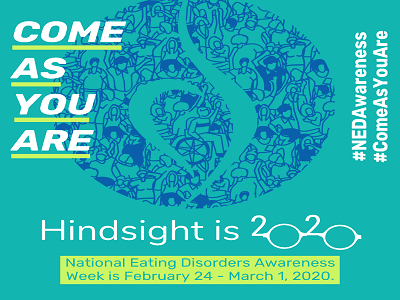
The 2020 National Eating Disorders Awareness week takes place from February 24th to March 1st. This year’s theme Come as You Are: Hindsight is 20/20, builds upon issues highlighted in the 2019 Come as You Are celebration. The awareness week is organized and promoted by the National Eating Disorders Association (NEDA). NEDA is a nonprofit […]

